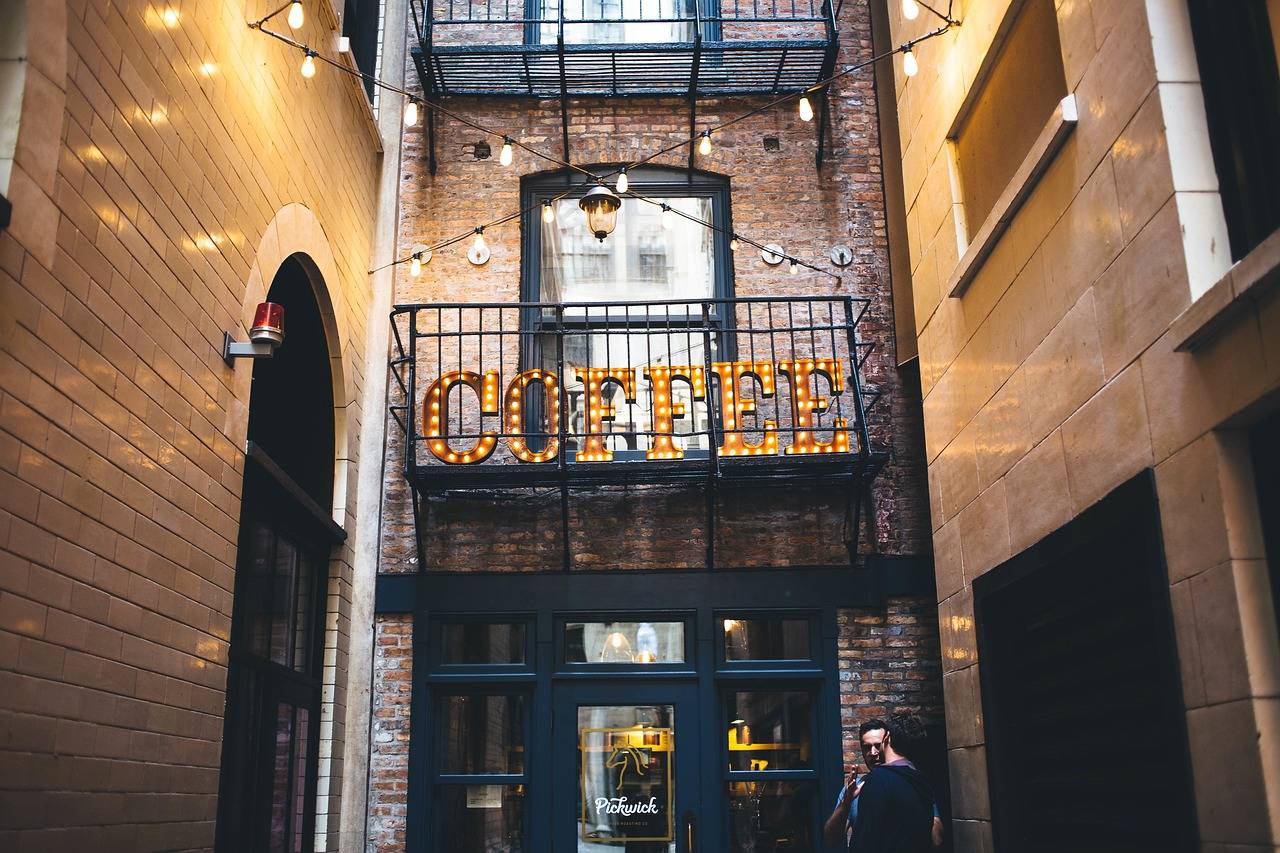The Power of Personalization: Customized Shopping Experiences
Personalization in shopping experiences enhances customer satisfaction and engagement by catering to the individual needs and preferences of each shopper. By offering personalized product recommendations, targeted promotions, and customized offers, retailers create a more tailored and relevant shopping journey for their customers. This level of personalization not only increases the likelihood of making a purchase but also fosters a deeper emotional connection between the consumer and the brand.
Moreover, personalization contributes to increased customer retention and loyalty as shoppers feel valued and understood by the brands that prioritize their preferences. When customers receive personalized communication and offerings, they are more likely to return for future purchases and recommend the brand to others. This loyalty is crucial in an increasingly competitive retail landscape where customer experience can be a key differentiator. By investing in personalization strategies, retailers can build long-lasting relationships with their customers and drive sustainable growth for their business.
The Impact of Personalization on Customer Loyalty
Personalization plays a crucial role in fostering customer loyalty towards a brand. By tailoring shopping experiences to meet the specific needs and preferences of individual customers, businesses can create a strong emotional connection that goes beyond just a transaction. When customers feel valued and understood, they are more likely to return to a brand for future purchases.
Moreover, personalized shopping experiences can also enhance customer satisfaction and increase the likelihood of word-of-mouth recommendations. When customers receive personalized recommendations or offers that cater to their unique tastes and preferences, they are more likely to feel satisfied with their overall shopping experience. Satisfied customers are not only more likely to become repeat customers themselves but also to share their positive experiences with friends and family, thus potentially attracting new customers to the brand.
How does personalization affect customer loyalty?
Personalization creates a more personalized and engaging shopping experience for customers, leading to increased customer satisfaction and loyalty.
What are some examples of personalization in shopping experiences?
Examples of personalization include personalized product recommendations, targeted marketing campaigns, and personalized customer service interactions.
How can businesses implement personalization strategies?
Businesses can implement personalization strategies by collecting and analyzing customer data, using customer relationship management (CRM) software, and leveraging technology such as artificial intelligence and machine learning.
Does personalization really make a difference in customer loyalty?
Yes, studies have shown that personalized shopping experiences result in higher customer satisfaction, repeat purchases, and overall customer loyalty.
Is personalization important for all types of businesses?
Yes, personalization is important for all types of businesses, regardless of size or industry. Customers expect personalized experiences and are more likely to stay loyal to businesses that cater to their individual preferences.





